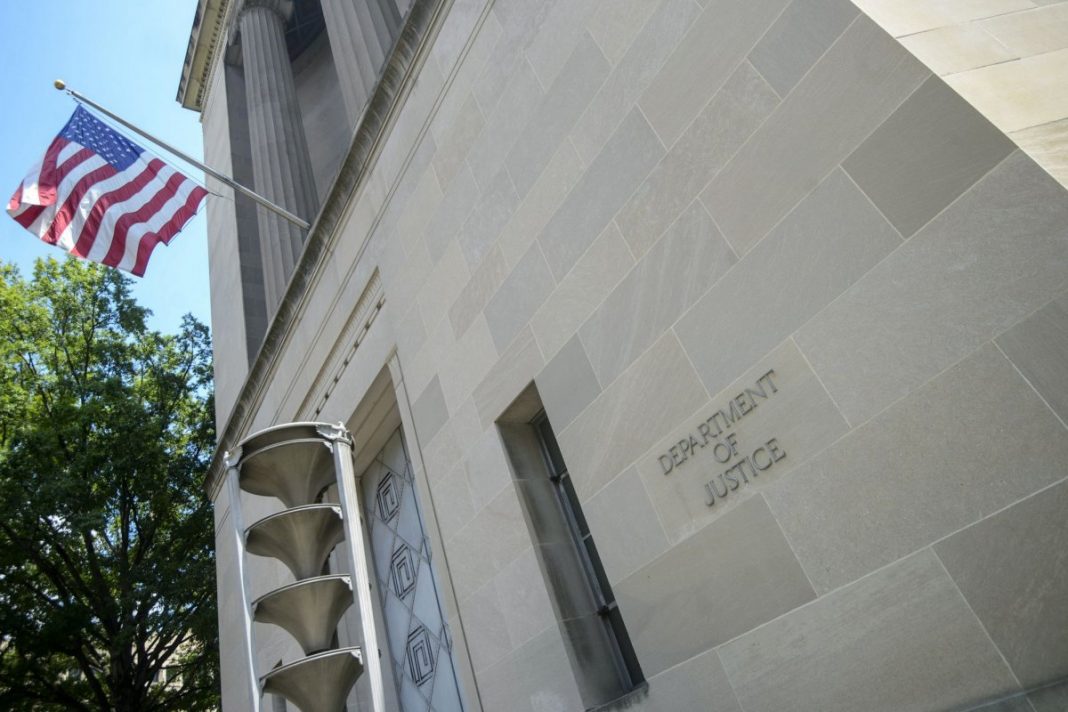
Dec. 5 (UPI) — The Justice Department has reached a settlement with Alabama’s Medicaid Agency that will see it provide Hepatitis C treatment to patients with a substance use disorder, it confirmed on Monday.
The state agency had previously had a sobriety restriction policy, denying HCV medication for any person who had consumed any alcohol or illicit drugs within the previous six months.
Monday’s agreement ensures anyone in need of treatment under Medicaid will receive it, the Justice Department confirmed in a statement.
Alabama’s policy also barred Medicaid payment for the treatment if a person used alcohol or illicit drugs while using the medication.
“Alabama Medicaid’s reversal of its longstanding sobriety restriction will finally allow Medicaid recipients with substance use disorders to have the same access as others to a cure for Hepatitis C,” said Assistant Attorney General Kristen Clarke.
“The Justice Department is committed to enforcing the Americans with Disabilities Act to eliminate unnecessary barriers that stand in the way of equal access to health care.”
HCV can result in a range of serious health conditions, many of which affect the liver, including cirrhosis, liver cancer, liver failure and death.
“We appreciate Alabama Medicaid’s willingness to work with the Department of Justice and our office to remove the sobriety restriction policy that prevented so many Alabamians with HCV, who also have substance use disorder, from receiving appropriate treatment,” U.S. Attorney Prim Escalona said in a statement.
“This settlement agreement delivers justice under the Americans with Disabilities Act and significantly advances public health in our state.”
More than half of people who become infected with the hepatitis C virus become stricken with a long-term, chronic infection.
There is no vaccine for hepatitis C but treatments can cure most people with Hepatitis C in 8 to 12 weeks, according to the U.S. Centers for Disease Control and Prevention.
Highly-effective treatments called direct-acting antiviral medications cure HCV in more than 95% of cases, according to the CDC.
Around 30,000 people in Alabama are living with HCV, according to the state’s department of public health.
